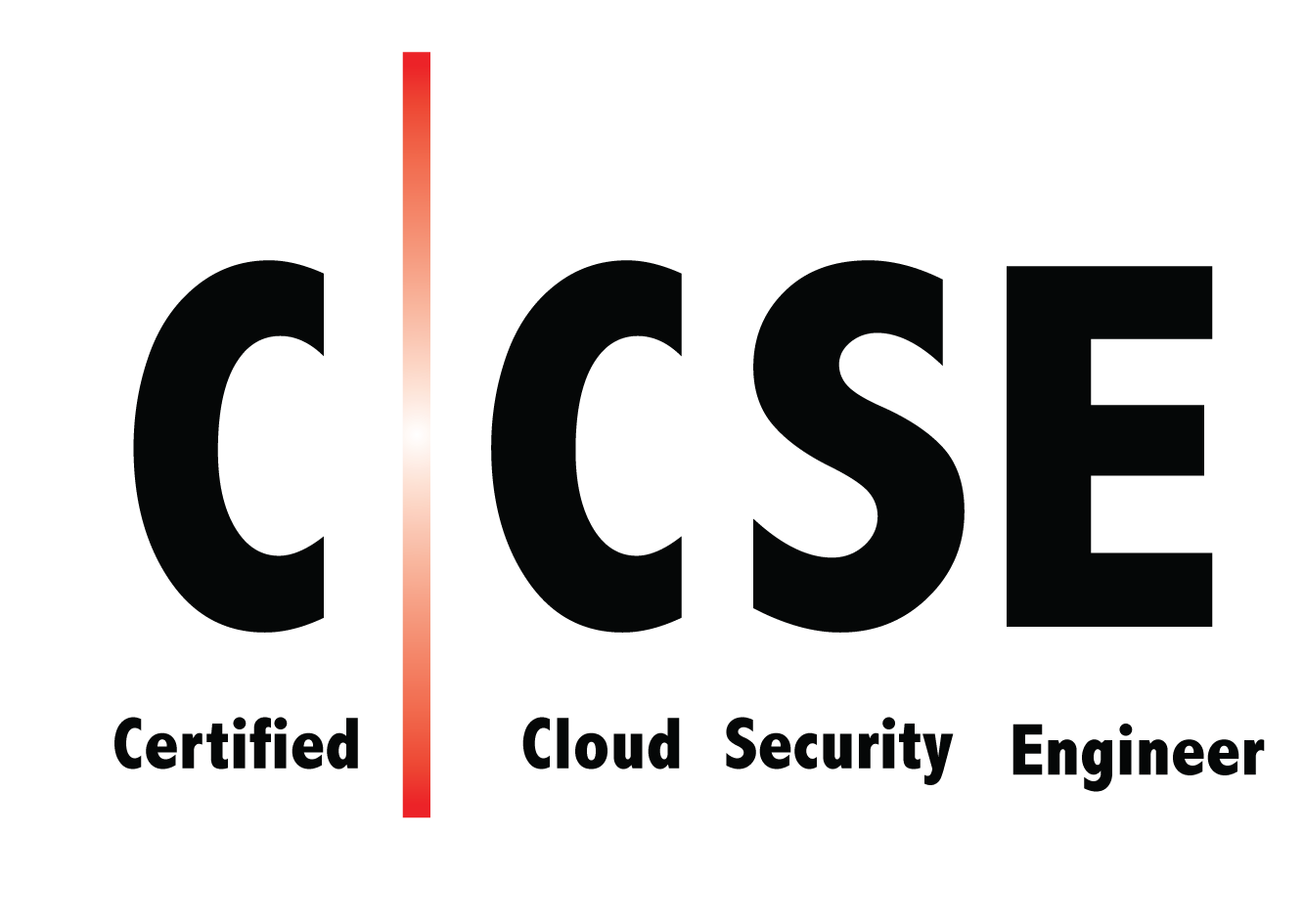- About Us
-
- Online Degrees
- Services
-
-
Information
-
Benefits
-
Forms
-
-
- Financial Assistance
- Veterans
- Updates
-
"*" indicates required fields
Cybersecurity is one of the fastest-growing and most undefined fields in today’s world. Globally, definitions of cybersecurity vary as much as the information that is being protected.
From government secrets and corporate intelligence to competitive advantage and the private medical information on individuals, data protection is a daunting task. Organizational roles are widely unknown, and many economies are failing from a security perspective. Hackers and cybercriminals now operate in large organized crime rings making billions of dollars from unsuspecting individuals, corporations, and governments. No one is safe. Online graduate certificate programs can help professionals gain the necessary skills to combat these threats effectively.
EC-Council University’s Graduate Certificate Program focuses on the competencies necessary for cybersecurity professionals to become managers, directors, and CIOs. Students will experience not only specialized technical training in a variety of IT security areas, but they will also acquire an understanding of organizational structure and behavior, the skills to work within and across that organizational structure, and the ability to analyze and navigate its hierarchy successfully. Each certificate targets skills and understandings specific to particular roles in the IT security framework of an organization.The certificates can be taken individually or as multiples of up to five––each building across knowledge domains from IT practitioner skill levels to IT executive skill levels.
EC-Council University has created a sample framework of functional and executive roles derived roughly from the United States Department of Homeland Security Essential Body of Knowledge (EBK), as published in 2007.
Using that EBK matrix and the job roles identified in the U.S. Department of Defense descriptions (DODD8570.2) and corporate/industry input, the organization of the ECCU Graduate Certificate Program was created.
Born from the ECCU Master of Security Science Curriculum and mapped to industry standards, each graduate certificate contains a series of benefits:
Specific courses in the certificates satisfy program requirements for the federal NSTISSI (National Security Telecommunications and Information Systems Security Committee) 4011, 4012, 4013A, 4014, 4015, and 4016 standards for Information Systems Security Professionals, Designated Approving Authorities, System Administration in Information Systems Security, Information System Security Officer, Systems Certifier, and Information Security Risk Analyst, respectively.
Please see individual graduate certificate pages to identify the mappings.
The specified courseware has been certified at the highest national level by the Committee on National Security Systems (CNSS) and maps to the NSTISSI standards listed above. For more information, please visit CNSS – The Committee on National Security Systems.
The graduate certificates build upon each other, moving students through levels of skills and knowledge increasingly directed to managerial and leadership positions in cybersecurity.
Graduate certificates do not guarantee certification, but do prepare students to challenge the various independent industry examinations.
EC-Council University programs are delivered 100% online. EC-Council University has refined the course delivery to include online delivery methods with instructor-led e-learning components alongside individual assignments to create a successful, flexible learning environment to meet the tough scheduling requirements of today’s busy IT professionals.
Each program can be completed in 3 to 9 months.
Turn Your Certification into a Degree!
As a prospective EC-Council University student and current EC-Council Certification holder, you can also earn credits toward your courses based on your prior learning/industry certifications.
For more information on the Transfer of Credit program, click here.

The Information Security Professional Graduate Certificate focuses on three areas:
The unique combination of these content areas creates the functional and organizational skill set required to design and direct the implementation of any information security plan. Upon completion of the certificate, the student will possess the ability to build, maintain, test, and communicate a secure structure at every level of the organization.
This certificate provides the framework for the four subsequent certificates and/or the Master of Security Science.
Required courses also prepare students to sit for the corresponding EC-Council certifications.
The EC-Council University Graduate Certificate program prepares students to challenge the following industry certification exams:


For information about admission requirements, click here.
For information about pricing requirements, click here.
This concentration focuses on testing methods and techniques to effectively identify and mitigate risks to the security of a company’s infrastructure while providing application and network-based security vulnerability assessments, penetration tests, and securing wireless networks including authentication, authorization, and encryption in accordance with industry-accepted methods and protocols.

Required courses also prepare students to sit for the corresponding EC-Council certifications.
The EC-Council University Graduate Certificate Program prepares students to challenge the following industry certification exam:


* Licensed Penetration Tester (LPT) awarded in addition to CPENT on securing more than 90% on CPENT.
For information about admission requirements, click here.
For information about pricing requirements, click here.

This concentration focuses on planning, analyzing, designing, configuring, testing, implementing, maintaining, and supporting an organization’s computer and network security infrastructure. It also covers hardening enterprise architecture from the most advanced attacks, secure programming practices to overcome these inherent drawbacks to pre-empt bugs from the code and designing and implementing cloud security.
Required courses also prepare students to sit for the corresponding EC-Council certifications.
The EC-Council University Graduate Certificate Program prepares students to challenge the following industry certification exam:


For information about admission requirements, click here.
For information about pricing requirements, click here.
This certificate offers the required skills and expertise to conduct a digital forensics investigation successfully. The course enables the candidates to practice on a variety of digital devices activities including searching and seizing, acquisition, chain-of-custody, analysis, preservation, and reporting of digital evidence. Additionally, this certificate program offers foundational knowledge of cyber laws in different domains, such as trademark, digital rights, copyright, patents, computer crimes, hacking, privacy issues, and prosecution.

Required courses also prepare students to sit for the corresponding EC-Council certifications.
The EC-Council University Graduate Certificate Program prepares students to challenge the following industry certification exam:

For information about admission requirements, click here.
For information about pricing requirements, click here.

This certificate offers the required skills and expertise to conduct a digital forensics investigation successfully. The course enables the candidates to practice on a variety of digital devices activities including searching and seizing, acquisition, chain-of-custody, analysis, preservation, and reporting of digital evidence. Additionally, this certificate program offers foundational knowledge of cyber laws in different domains, such as trademark, digital rights, copyright, patents, computer crimes, hacking, privacy issues, and prosecution.
Required courses also prepare students to sit for the corresponding EC-Council certifications.
The EC-Council University Graduate Certificate Program prepares students to challenge the following industry certification exam:


For information about admission requirements, click here.
For information about pricing requirements, click here.
This graduate certificate focuses on providing the fundamental skills that are needed to understand global leadership concepts, bring together all the components required for a C-Level position, and providing students with the knowledge of how to manage IT security projects to enhance the success rate for both organizations and IT managers.

Required courses also prepare students to sit for the corresponding EC-Council certifications.
*Upon successful completion of this course, students will be provided with an opportunity to take the EC-Council Information Security Manager (EISM) certification exam.
Note: Students who are interested in taking the CCISO exam will need to purchase a voucher from the ECCU Bookstore; in order to take the CCISO exam, student must show at least 5 years of experience in three of the CCISO domains.
The EC-Council University Graduate Certificate Program prepares students to challenge the following industry certification exam:


Note: In order to qualify to sit for the CCISO Exam, candidates must have five years of experience in each of the 5 CCISO domains verified via the Exam Eligibility Application.
For information about admission requirements, click here.
For information about pricing requirements, click here.
The application fee is $65.00 USD and is non-refundable.
Documents should be uploaded in the proper area within the online application form.
Include a clear scan of your government-issued identification.
We will accept:
Optional– Unofficial transcript included in application.
Upload a copy of your transcript on the admissions application. This will expedite the admissions process, allowing you to begin classes while we wait on the arrival of your official transcripts.
Required– Official transcripts
Contact the University where you earned your Bachelor’s degree and request that they send your official transcripts. Official transcripts must be sent to:
ATTN: Registrar
EC-Council University
101 C Sun Ave NE
Albuquerque, NM 87109, USA
Include a scan of your university transcript on the admissions application.
Official transcripts must be sent to
ATTN: Registrar
EC-Council University
101 C Sun Ave NE
Albuquerque, NM 87109, USA
Official evaluation results must be sent directly to:
ATTN: Registrar
EC-Council University
101 C Sun Ave NE
Albuquerque, NM 87109, USA
No proof required
There are several ways to show proof that you meet the English requirement.
Here is a list of countries where higher education is commonly conducted in English:
In order to qualify for admission to the MSCS or the graduate certificate program at EC-Council University, all enrolling students must be 18 years of age and have earned a Bachelor’s degree from an appropriately accredited institution with a cumulative grade point average (GPA) of 2.5 or better.
Students whose undergraduate degrees are not in or related to the subject of information technology will be further evaluated based on work experience in the field and/or certifications achieved in information technology prior to an admission decision.
Applicants who have been denied admission may appeal the decision to the Dean.
Additional documentation in support of an applicant’s candidacy may be requested as deemed necessary by EC-Council University. All application documents are the property of EC-Council University and will not be returned to the applicant.
/Per Credit
Hour
Technology Fee: $50 per term
Lab Fee: $50 per certification course
Graduation Fee: $400
Specialization: Security Analyst
Fee: $799
Ans. An online graduate certificate program is a short-term specialized course designed for students to offer them a compiled learning of a master’s degree over 3 to 6 months. EC-Council University offers graduate certificate programs in 6 different specializations — Information Security Professional, Security Analyst, Enterprise Security Architect, Digital Forensics, Incident Management, and Business Continuity and Executive Leadership in Information Assurance.
Ans. EC-Council University’s master’s degree has 5 specializations with 12 courses each and takes about two years to complete. On the other hand, Graduate Certificate Programs have 6 specialized courses that takes over 3 to 6 months to complete. A Graduate Certificate Program in cybersecurity draws from the specialization and core cybersecurity courses from the Master of Science in Cybersecurity.
Ans. Cyber aspirants who are looking can pursue a Graduate Certificate Program from EC-Council University. Each program can be completed in 3 to 6 Months. As an additional bonus, after completing the graduate certificate program, the candidate can transfer earned credits towards a degree at the university, thus saving both time and money.
Ans. EC-Council University’s Graduate Certificate Programs have been designed to focus on proficiencies required by a cybersecurity professional to secure high-level jobs. Some of the job roles one can apply for after completing their graduate certificate program are: Ethical Hacker, Information Assurance (IA) Security Officer, Network Security Engineer, Cyber Defense Analyst, and more.
"*" indicates required fields